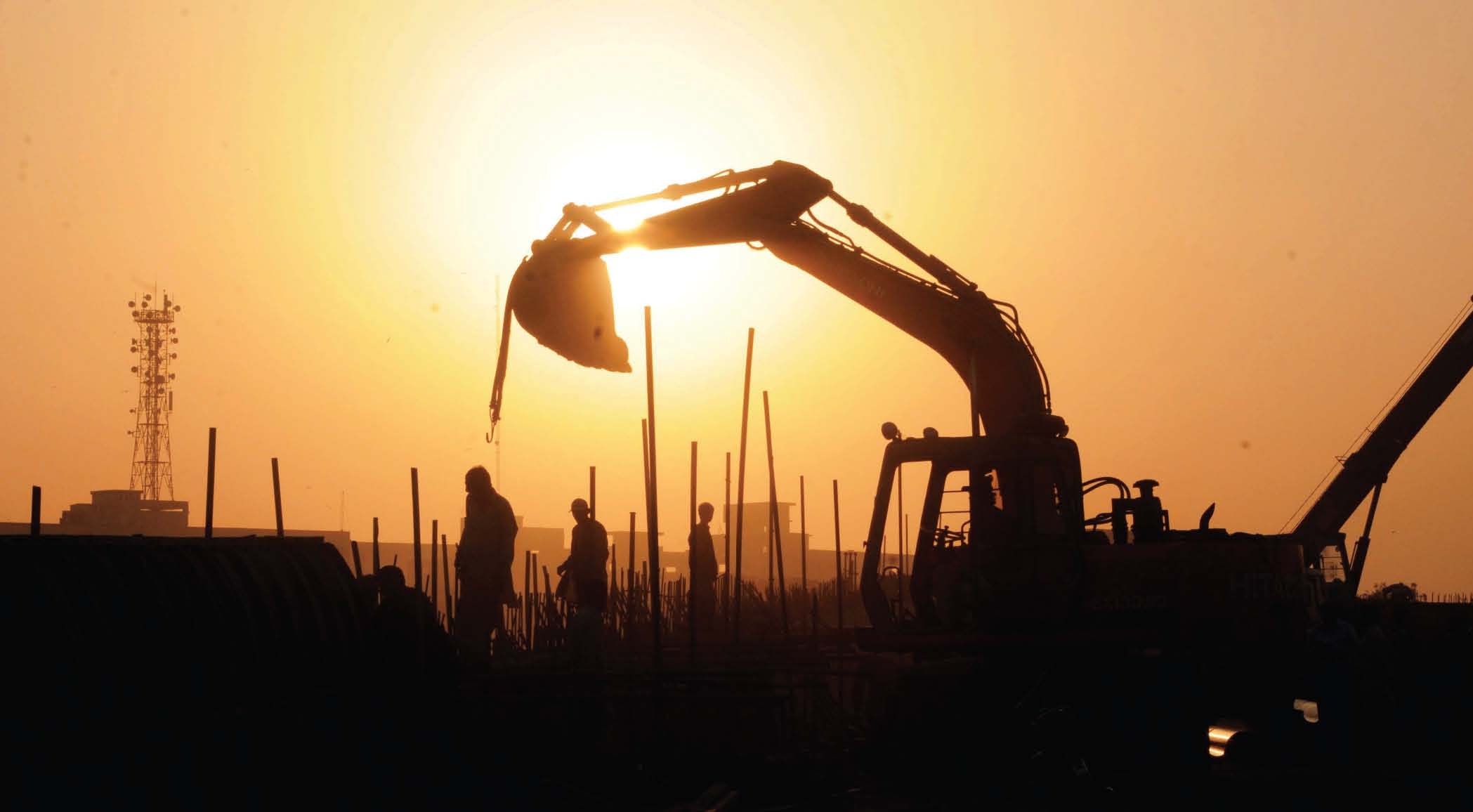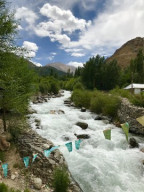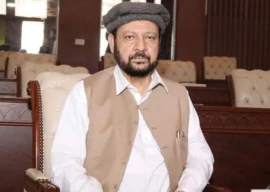
Violators are warned of facing up to three months in prison while the illegal structures built would be razed.
Khalisa Sarkar (unoccupied and barren land) in different parts of Gilgit town have somewhat become a magnet for irregular constructions. These areas include near the university (north-west part of Gilgit town), near Kono Daas (northeast) and Chilmish Daas (an extension of Kono Daas also in the northeast of Gilgit town).
“Sub-divisional magistrate Asghar Khan has banned the construction on Khalisa Sarkar under Section 144,” said an official in the regional information department on Sunday.
“Structures made on that land, other than the ones built by the government, would be demolished,” the magistrate was quoted
as saying.
Under the law, the official said, plantation and other activities such as blasting would also be prohibited on government land.
The government claims that it owns the land, while locals have laid claim based on ancestral ownership.
The ban comes in the wake of severe criticism of the government by opposition parties, primarily the Pakistan Peoples Party (PPP), for its allocation of land in the region for various government projects.
Last year the Gilgit-Baltistan chapter of PPP had submitted a bill in the G-B Assembly claiming that barren land in the region belongs to the locals rather than just the government.
The bill titled “G-B Village Common Land (Shamilat Deh) Regulation Act 2016” sought compensation for locals if the government acquires land for projects.
According to the bill, of the total inclusion of land, 15 per cent would be reserved for common purposes such as roads, while five per cent would be reserved for the poorest of poor, under the management of the union council.

Once enacted into a law, the Nautor Rules 1980 and previous Nautor rules, which were against human rights, would stand repealed. Nautor laws dealt with the utilisation of wastelands.
The bill came just weeks after the G-B government allocated vast swathes of barren land in Diamer district for projects which would ultimately benefit the China-Pakistan Economic Project (CPEC).
The bill, however, did not see the light of day as the PPP failed to push it in the assembly, where it has only one member – Imran Nadeem.
But the PPP regional president Amjad Hussain decided to raise the issue on to the streets as he spoke about the subject especially during a rally the party took out in Danyor Town of Gilgit in early November 2016.
“If G-B is a disputed region and its representation is not possible in parliament, how is its land being used for CPEC?” he had asked during the rally while urging the G-B government to stop allotting land for CPEC or any other government project before determining compensation for the affected persons first.
He had also warned of protests against any such move.
Published in The Express Tribune, January 16th, 2017.








1730886375-0/Untitled-design-(46)1730886375-0-270x192.webp)








COMMENTS
Comments are moderated and generally will be posted if they are on-topic and not abusive.
For more information, please see our Comments FAQ